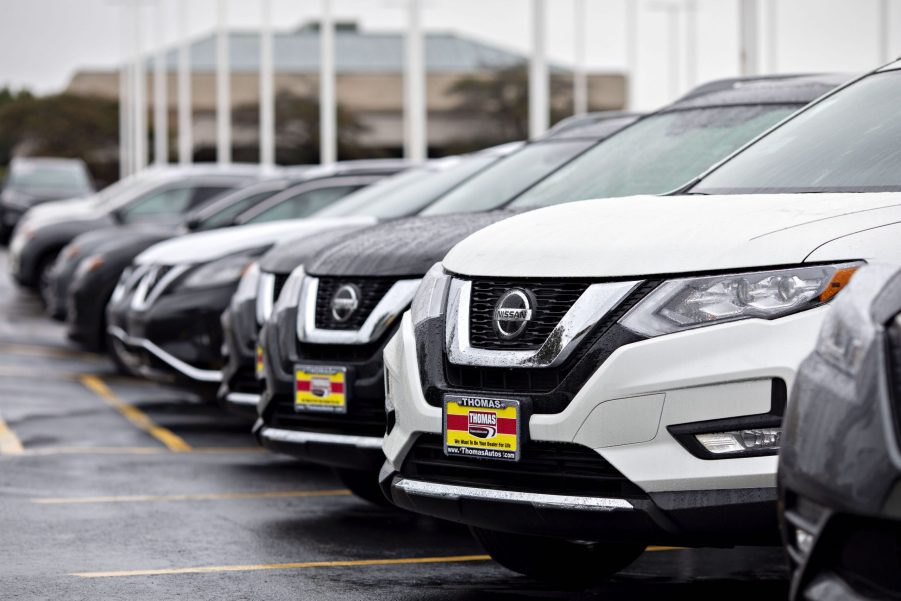
Is Leasing a Car a Stupid Idea?
Unless you own a pristine classic car, or perhaps a Honda S2000, you can bet that any car you own will depreciate in value. No matter which way you look at it, the longer that you own a car and the miles that you put on it will eventually add up and you’ll never get back that large sum of money you paid when you bought it.
That’s where leasing a car has an advantage. When you lease a car, you’re essentially paying off its depreciation (which is at its greatest in the first three years). Afterward, you can trade it in for a new car and not have to worry about the mileage and time rearing their ugly heads. Leasing a car does have its pros, but is leasing as stupid as some people say?
Financial experts, like Dave Ramsey, frown on leasing a car
If you’re not familiar with how leasing a car works, then it’s easy enough to check out a few videos on YouTube in order to educate yourself. However, we must warn you that there are plenty of videos created by financial experts, like Dave Ramsey, which do include some false explanations when it comes to leasing.
According to Ari Janessian – an auto broker for Boston Automotive Consulting – finance experts, like Ramsey, tend to “over-exaggerate the terms of the most typical leases.” For example, Jannessian points out in his video that Ramsey has told his audience that “there is anywhere between a 60 to 70% depreciation over the course of three to four years” when you own a car. However, that’s not true.

According to Janessian, you can expect about a 30 to 50% depreciation hit when you lease a car for three years and its money factor (interest rate) isn’t as high as Ramsey proclaims, either. In Ramsey’s video titled Why is Leasing a Car Bad? he tells his audience that most leases have an interest rate of around 14%.
Depending on your credit profile, that’s typically not true. According to Nerd Wallet, most money factor rates are at around 2 to 5% if you have good credit, 6 to 9% if for average credit, and 10 to 15% for poor credit. In some cases, if the manufacturer has incentives for leasing one of its models, then there could be a special rate of 1 to 2% available for top-tier lessees.
You don’t have “nothing” at the end of a car lease
While financial experts, like Ramsey, will tell you that buying an older car and keeping it for five to ten years is your best bet in terms of saving money, the reality of it is many cars aren’t worth much of anything if you keep them for that long.
Aside from urging experts to use accurate data, Janessian goes on to address this thought by saying, “When talking about leasing as if it’s the dumbest thing you can do, use accurate numbers and accurate depreciation. Don’t just focus on the fact that ‘you have nothing’ at the end of an auto lease. Typically, at the end of a car purchase, you typically have nothing too, depending on how bad that car has depreciated.”
Leasing is not “fleecing”
A lot of people like to say that “leasing is fleecing,” which basically means that the dealer rips you off when you lease. Car Lease Tips noted that this is a common misconception as a car dealer can rip you off when buying a used car as well, and afterward, you don’t know how long that used car will last you.
In reality, when you lease a car and carry out the lease term to its maturity (usually three years), you have the option to trade it in for a newer car after. This means that even if you leased a car for the next 10 years, you’ll have a new car every three years that’s still under warranty and covered under GAP insurance, in the case you have a total loss in an accident.
Ultimately, while leasing might not be best for every car shopper, it does have its benefits. And while financial experts like Ramsey are great at giving financial advice, you may not take their advice about leasing a car with a grain of salt.



